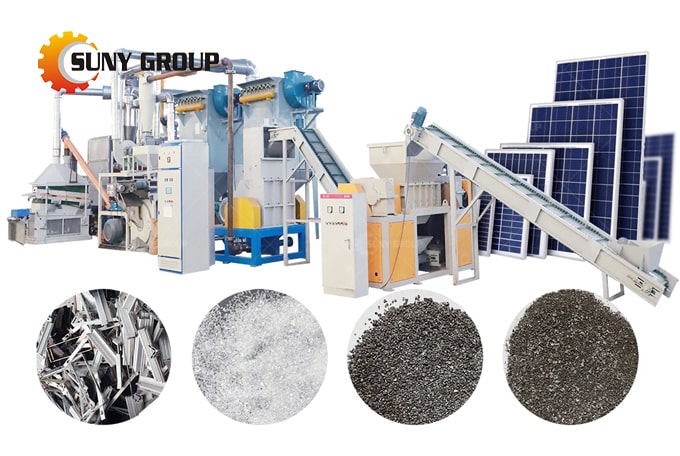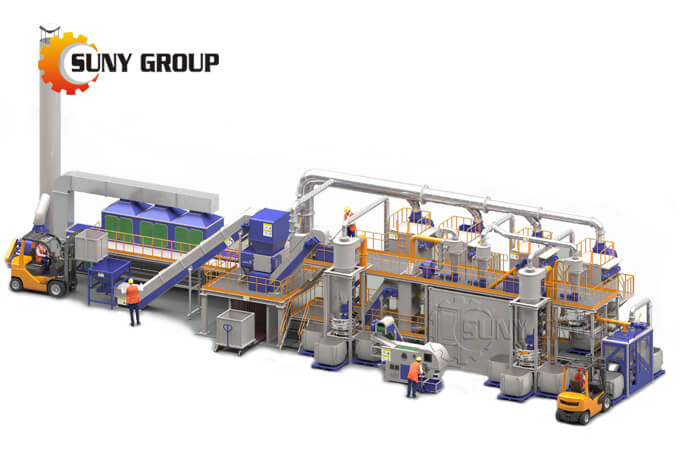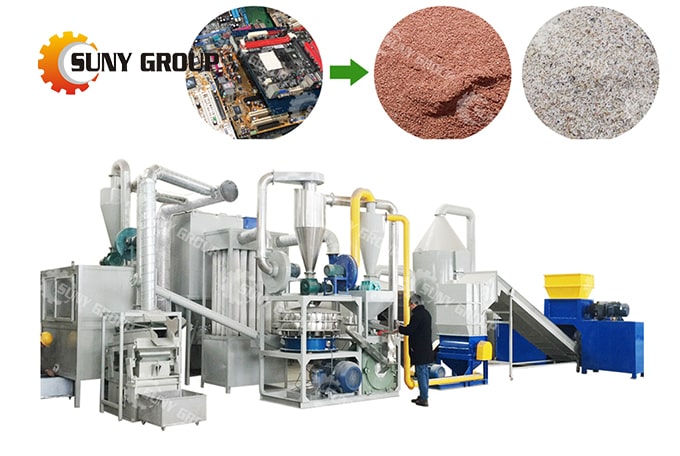According to the UN’s latest Global E-waste Monitor, 53.6 million tonnes of e-scrap was generated in 2019 and only 17.4% of this was collected and recycled. The 2019 figure is at an all-time high and the growing world population is projected to generate around 74 million tonnes of e-scrap by 2030.
While the amount collected for recycling has grown by 1.8 million tonnes since 2014, the total e-scrap generation in that period increased by 9.2 million tonnes. ‘This indicates that recycling activities are not keeping pace with the global growth of e-waste,’ the UN says.
Unsurprisingly, developed nations generate the most e-scrap, with northern Europe leading at 22.4kg per person. New Zealand and Australia come in a close second with 21.3kg per head, while the joint US and Canada average was 20.9kg. Asia and Africa ranked lower at 5.6kg and 2.5kg per head respectively.
UN official Mijke Hertoghs laments that many countries currently have collection systems for discarded electronics. For example, only 78 out of 193 countries (40%) are covered by an e-waste policy, legislation or regulation. Few manufacturers, meanwhile, are held accountable for end-of-life disposal. This lack of regulation, paired with the short lifespan of products and difficulties around repairing electronics, adds to the problem.
Libby Peake of UK think tank Green Alliance (GA) calls the growing mountain of e-scrap a ‘wholly preventable global scandal’. GA is calling for more products to be designed to last, repaired or upgraded.
Failing to recycle electronics also means losing valuable metals, such as copper, silver, iron and gold. The UN report estimates that about US$ 57 billion (EUR 48 billion) worth of these metals and other recoverable materials were dumped or burnt in 2019. Only some US$ 10 billion was recovered.
Despite the discouraging statistics, several projects have been launched to help minimise e-scrap. One that generated publicity was the Tokyo 2020 Medal Project which collected 78 985 tonnes of discarded electronics to create 5 000 medals for the postponed 2020 Olympics and Paralympics. Japanese consumers contributed around 6.2 million used phones to the scheme.
The UN’s specialised agency for information and communication technologies, ITU, is striving to increase worldwide e-scrap recycling to 30% by 2023 while also boosting the number of countries with dedicated recycling legislation to 50%.
Suny Group : http://www.sunyrecycle.com/,All rights reserved。









